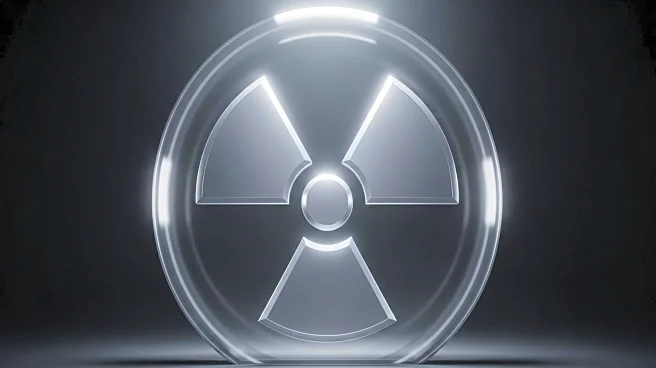What is the story about?
What's Happening?
Iran's Foreign Minister Abbas Araghchi has stated that the country's uranium stockpile is 'inaccessible' due to being buried under bombed facilities. This announcement comes during ongoing negotiations with the International Atomic Energy Agency (IAEA), which is examining the sites. The statement highlights the challenges faced by the IAEA in verifying Iran's nuclear activities and ensuring compliance with international agreements. The situation underscores the complexities of diplomatic relations and nuclear negotiations between Iran and global powers.
Why It's Important?
The inaccessibility of Iran's uranium stockpile raises concerns about transparency and compliance with international nuclear agreements. It complicates the IAEA's efforts to monitor Iran's nuclear activities, potentially affecting global security and diplomatic relations. The statement by Iran's Foreign Minister may influence ongoing negotiations and impact the strategies of involved stakeholders, including the United States and other countries seeking to ensure non-proliferation. The situation could also affect regional stability in the Middle East, where nuclear capabilities are a sensitive issue.
What's Next?
Negotiations between Iran and the IAEA are expected to continue, with efforts focused on gaining access to the sites and verifying Iran's nuclear activities. The international community will be closely watching these developments, as they have implications for global security and diplomatic relations. Potential responses from major stakeholders, including the United States and European countries, may include diplomatic pressure or adjustments to existing agreements. The outcome of these negotiations could shape future policies on nuclear non-proliferation and regional security.
















